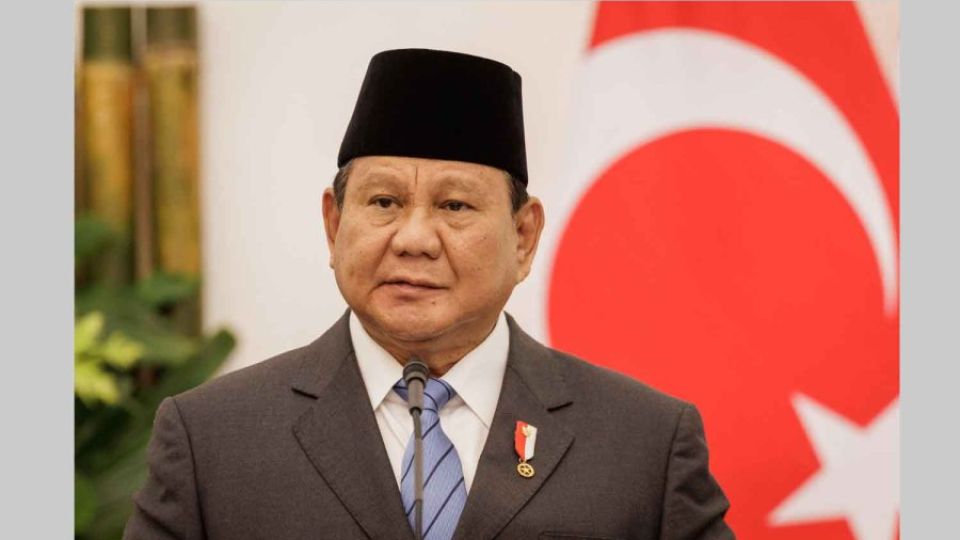February 14, 2025
JAKARTA – It has been unsettling to see the latest developments in the House of Representatives.
Experts have already warned about the dominance of the coalition of parties backing President Prabowo Subianto , which controls more than half of the seats in the legislature. Without clear opposition, the coalition, led by Prabowo’s own political party, Gerindra, has been able to act almost completely unchallenged.
The latest case involves a revision to internal rules to allow lawmakers to assess and dismiss high-ranking appointed officials. This includes the leaders of almost all the country’s top government institutions, including justices of the Supreme Court and the Constitutional Court and leaders of the Corruption Eradication Commission (KPK).
The move has alarmed justices, civil society groups and even some lawmakers, who say it amounts to legislative overreach, defying the principles of the separation of powers and checks and balances – and perhaps paving the way to an authoritarian regime under Prabowo.
That raises the question of the commitment of Gerindra and the President himself, as the party’s chairman, to the country’s democracy. The House’s unanimous approval of the internal rule change demonstrates the intention of pro-Prabowo parties to expand their power and subjugate other institutions that keep the President and the legislature in check.
At the very least, Gerindra and other political parties have become a disappointment, if not a threat to the country. This is very distressing considering that the lawmakers and the President himself were put in power by the people through democratic elections.
After his first 100 days, Prabowo had a public approval rating of 81 percent, a level that not even his predecessor Joko “Jokowi” Widodo was able to achieve. This is regardless of the fact that the President has struggled to advance his programs and is still in fiscal trouble for pushing ahead with an unwieldy cabinet and his free nutritious meals program.
Unlike Jokowi in his first year, Prabowo has not had to face challenges from other political parties to have his programs approved. Prabowo had no problem passing a revision to the State-Owned Enterprises Law that paved the way for the establishment of Investment Authority of Indonesia (IAI) Danantara, despite criticism of the institution for its ineffective and ambiguous position among SOEs.
Prabowo and Gerindra have taken for granted the overwhelming legislative and executive powers that the people have lent them.
There is no emergency to justify the President or the legislature reaching for more power. They have all the power and resources they need, and if they fail to make the best of it, it will be their own failure.
There is no need for the House to have control over high-ranking public officials in the country. The lawmakers’ rule change should be considered an infringement upon the independence of government institutions, and the public has many reasons to doubt their good intentions.
We are concerned that the new rules will be used to target officials thought to stand in the way of Prabowo and Gerindra’s political goals.
We fear the new rules will be used to intimidate Constitutional Court justices who have made several rulings that run counter to the interests of the ruling coalition.
In August, the House attempted to override the court’s rulings on candidate nomination under the Regional Elections Law. While lawmakers successfully rushed through the deliberation process, they were stopped by massive, nationwide protests in support of the Constitutional Court.
If the latest House rules are not reversed, we have reason to believe it will move to recall justices that do not comply with the coalition’s wishes.
If that day comes, we will be forced to question whether Indonesia can still be called a democracy.


